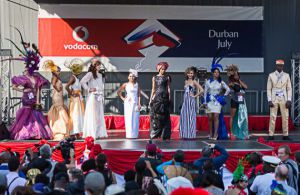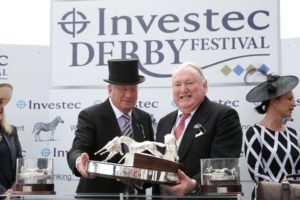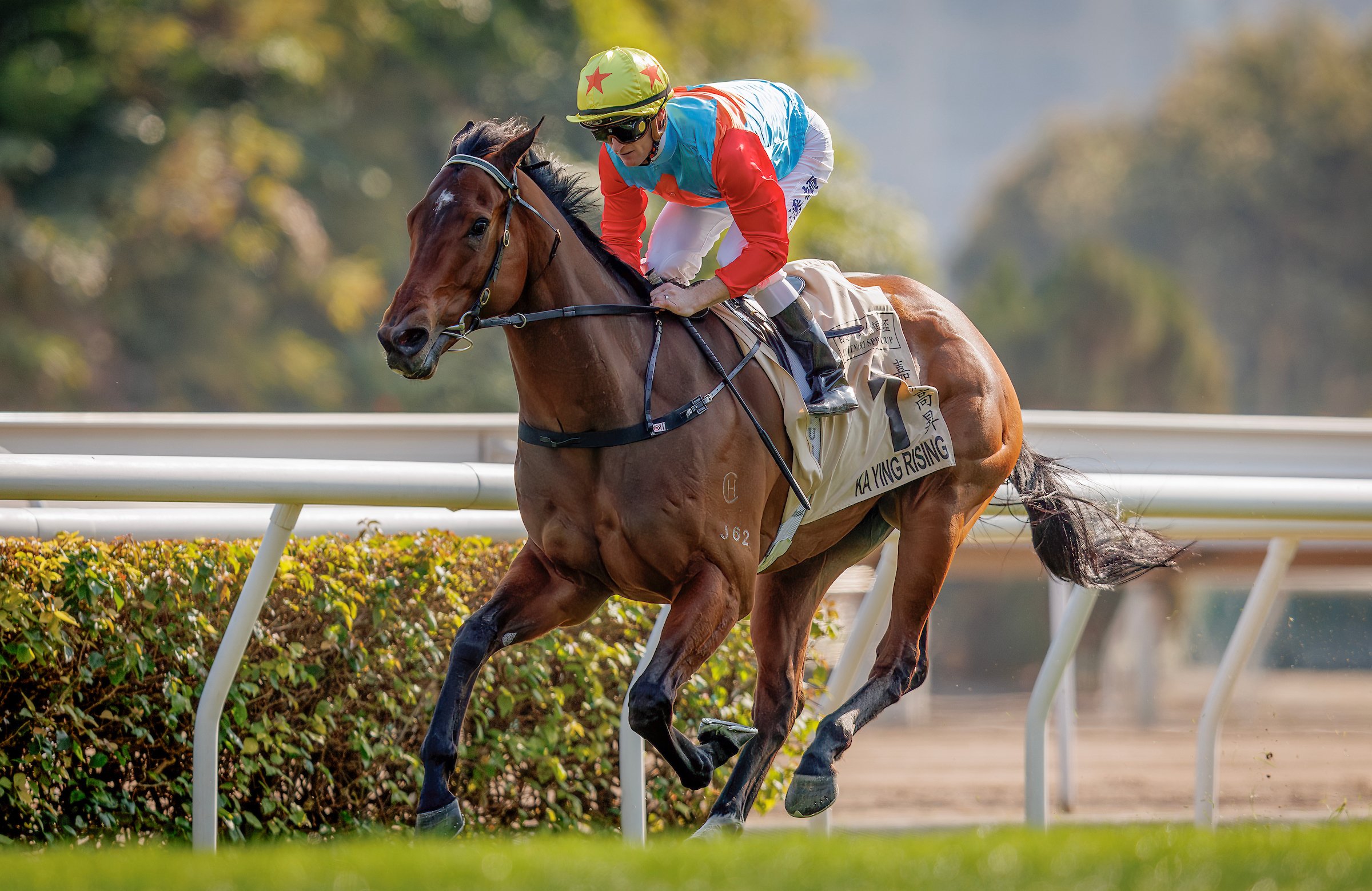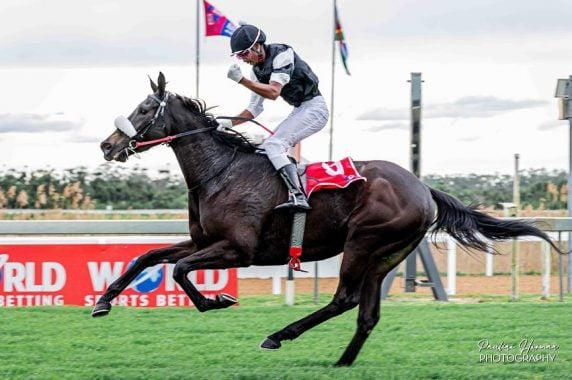It seems to be a common problem for racecourses in Great Britain and Ireland that retaining the custom of the regular racegoer is proving to be a challenge. Up until very recently, racing’s biggest followers were also the best customers for racecourses, as they could be relied upon to come back to the track time and time again as they followed their passion, writes Kevin Blake for the Thoroughbred Daily News (TDN).
However, the last 15 years or so has seen the world of horse racing go through a major change. Blanket coverage of horse racing on live television and the growth of the internet have been game changers. Many of racing’s most ardent supporters now question how often they should invest the time and expense to travel to and from the races and pay for admittance/food/drink when they would arguably get a better view of the races and more accurate information from the comfort of their living room on the racing channels and internet. This is even more pronounced amongst those that bet on the sport, as they are now so well served by highly-competitive off-course betting options that there is precious little betting value to be found on the racecourse.
 In response to this, many racecourses have tended to go down the route of the non-racing sideshow in an effort to attract paying customers through their gates. Many racecourses heavily promote the social aspect of attending the races and look to stimulate attendances with the likes of best-dressed lady competitions, student racedays, concerts or themed racedays. Such initiatives tend to do the trick in terms of getting high-spend-per-head customers into racecourses, but whether it is in the best long-term interests of the sport of horse racing for racecourses to put so much emphasis on attracting crowds that are there for a sideshow rather than the sport on the track is very much up for debate.
In response to this, many racecourses have tended to go down the route of the non-racing sideshow in an effort to attract paying customers through their gates. Many racecourses heavily promote the social aspect of attending the races and look to stimulate attendances with the likes of best-dressed lady competitions, student racedays, concerts or themed racedays. Such initiatives tend to do the trick in terms of getting high-spend-per-head customers into racecourses, but whether it is in the best long-term interests of the sport of horse racing for racecourses to put so much emphasis on attracting crowds that are there for a sideshow rather than the sport on the track is very much up for debate.
While racecourses cannot be blamed for changing their stroke as they fight against the tide of a changing world, one can’t help but wonder whether they do enough to engage and unite the various interest groups within the horse racing industry for the common good of filling racecourses with people that are passionate about the sport. Indeed, the vast majority of racecourses are perhaps guilty of largely ignoring one very specific group of potential racegoers within the sport that are significant in number, wouldn’t take much incentivising to attract and would be just as likely to turn up on the difficult-to-sell low-profile fixtures as they would on the biggest occasions. This group are already passionate, knowledgeable and invested supporters of horse racing at all levels of the sport, yet they receive next to no recognition or attention outside of their section of the horse racing industry. What is this group? Thoroughbred breeders.
There are not many more passionate interest groups in horse racing than breeders. Very few observers will follow a horse more closely through its career than their breeder, regardless of whether that career is played out at the lowest levels at country tracks or under the bright lights of Group 1 tracks. For small breeders in particular, it is a pursuit of passion rather than profit and the pride associated with seeing a horse they raised from its very first steps making it to the racecourse to run never mind the thrill of a winning a race is what drives them. The size and variety of this market of breeders shouldn’t be underestimated either. While the public perception may be that the breeding world is dominated by a small number of big breeders, in reality the opposite is the case. In the case of Ireland in 2015 there were 6,508 registered breeders and just under 93% of them had four broodmares or less. In Great Britain in 2015 there were 3,226 registered breeders and just under 90% had four broodmares or less. Yet, despite having this group of potential racegoers that are already deeply engaged and invested in the action on the track at their mercy, right now the racecourses do very little to encourage breeders to attend the races more often.
The representative bodies for breeders on both sides of the Irish Sea, the Irish Thoroughbred Breeders’ Association and the Thoroughbred Breeders’ Association, do their part by offering their members complimentary admission tickets to the races when a horse they have bred is running. However, the racecourses themselves offer precious little at the moment. If racecourses were to offer some small recognition for the breeders of winners in the post-race presentations, be it as simple as a namecheck over the PA system and the presentation of a very small memento to breeders that are present, not only would it represent a welcome acknowledgment of an interest group that is one of the foundation stones of the thoroughbred industry, but there is also surely little doubt that it would encourage more breeders to attend the races to proudly support their horses. In terms of the bigger picture for racecourses, increased recognition of breeders could well see racecourses rewarded with increased sponsorship and demand for corporate hospitality from the bigger players in the breeding industry.
Clearly this issue is already in the minds of some racecourses, as it was very encouraging to see Royal Ascot take the lead on it by making an announcement a few weeks ago that every winning breeder at the Royal meeting will be awarded a custom-made memento to mark the occasion. This is a very welcome move from them and one can only hope that other racecourses will follow suit, as it could readily be argued that such acknowledgment would be even more appreciated on smaller occasions where the indirect benefits of breeding a winner are not nearly as great as they are at a meeting as prestigious as Royal Ascot. As well as there being plenty of mutual upside in racecourses acknowledging breeders, the racing media could also benefit from bringing breeders into the picture. With many trainers and jockeys being inclined towards giving predictable and rather uninspiring answers to public questioning, breeders are a potentially rich source of entertaining and informative interviews. Anyone that has bred horses or conversed with breeders is likely to know that there are regularly great stories from a horse’s background that are never told in public for no reason other than no one ever asks about them.
All told, given the investment that thoroughbred breeders make both in terms of time and money at the grassroots level of horse racing, some small recognition on the racecourses wouldn’t just be well deserved, engaging with them would also have benefits for racecourses, the breeding industry and for racing as a whole.
source: Thoroughbred Daily News (TDN)











